-
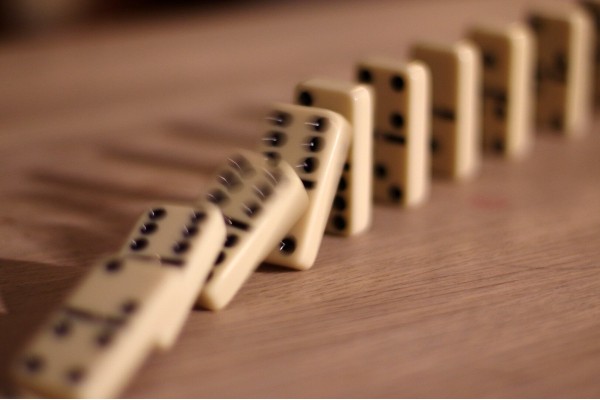
War fever in Europe
Europe faces a surge of fear over Russia, but how real is the threat? Exaggerated claims, misread intentions, and media hysteria fuel panic, while misconceptions about Russia’s aims in Ukraine and NATO risks distort perception. As Richard Sakwa writes, understanding the facts behind the fear is crucial for the continent’s security and future.
-
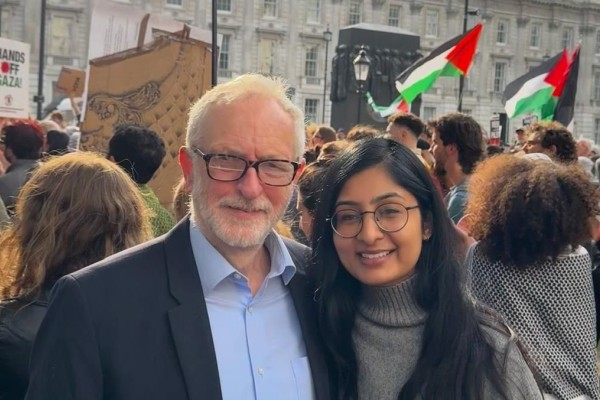
How not to start a party
The launch of Your Party, spearheaded by Jeremy Corbyn and Zarah Sultana, promised a bold new left alternative to Keir Starmer’s Labour. Yet personality clashes, rival power bases, and unresolved questions of strategy quickly derailed momentum. Unless it reimagines socialism for the 21st century, the project risks repeating Labour’s failures.
-
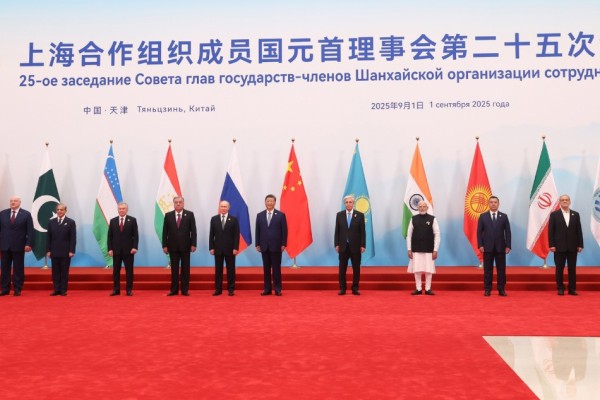
Canada needs diplomacy to reach out to growing economies
Canada faces a critical choice in foreign policy: continue following Europe and the US in militarization, or pursue diplomacy with growing global powers. Yakov M. Rabkin argues that Canada should diversify economic and political ties toward nations like China, India, and Russia, prioritizing dialogue over containment, while safeguarding social programs and democratic debate at home.
-
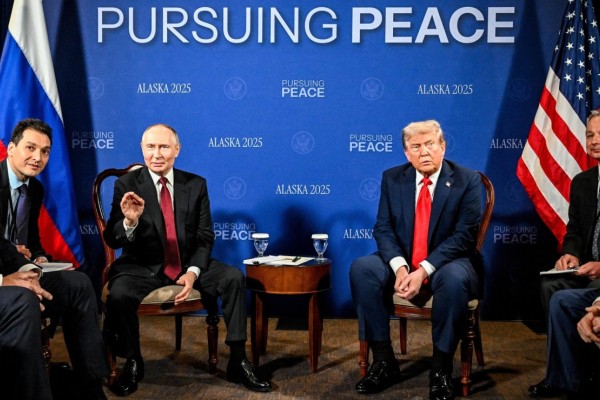
Squaring an impossible circle of peace and insecurity in Ukraine
Despite a flurry of diplomacy, peace in Ukraine remains elusive. Trump’s shift toward talks-before-ceasefire has deepened divisions with Zelensky and Europe, while Russia and Ukraine remain locked in irreconcilable demands. Each side’s security guarantees translate into insecurity for the other, leaving negotiations stalled and the war grinding on.
-
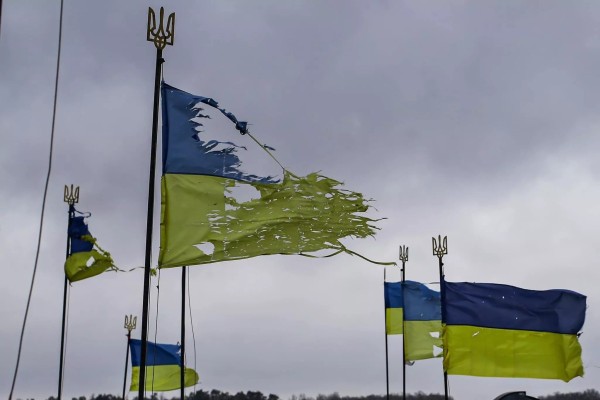
Why the Trump-Putin summit is unlikely to ‘ripen’ peace in Ukraine
The Trump-Putin summit in Alaska isn’t expected to bring peace to Ukraine, writes Paul Robinson. Russia feels it’s winning, Ukraine refuses to give up land, and US weapons support is winding down. With no clear plan either side can agree on, the gap remains wide, so while the talks may open dialogue, a real breakthrough looks unlikely.
-
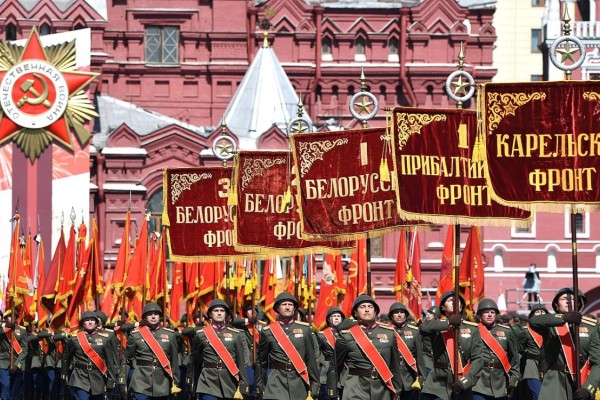
The use and abuse of Russia’s ‘Great Patriotic War’
The fact that the Russian state has instrumentalized Victory Day for its own political purposes, including justifying the war in Ukraine, begs an important question—why does this seem to be working? If the parallels the Kremlin draws between the Great Patriotic War and current events prove convincing to people, there must be a reason.
-
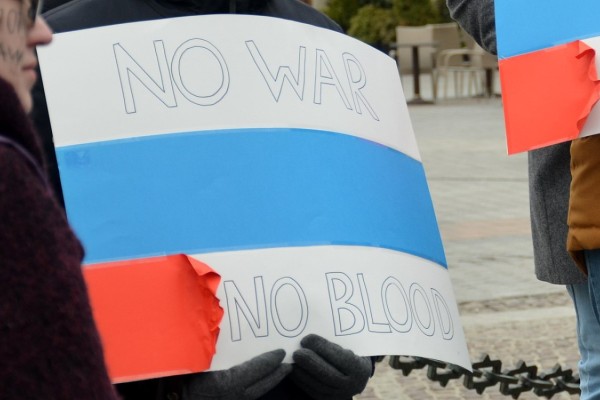
Hope and despair in Russia’s anti-war movement
The two-day congress of the Platforma network in Brussels brought together hundreds of anti-war activists, some of whom are still active in Russia. On stage hung the theme of the gathering: “Standing Together for Ukraine and for Freedom.” Around 300 people gathered under it, including Russian activists, Ukrainian human rights campaigners, and delegates from the EU and beyond.
-

Weidel and the White House won the federal elections in Germany
The real winners of the German election are the hard-right leader Alice Weidel and her White House friends, Elon Musk, J.D. Vance and Donald Trump. Whatever Friedrich Merz’s plans are, he must expect barrage fire from the Weidel-White House connection. Looking back at the election campaign, it looks like he’s actually inviting it.
-
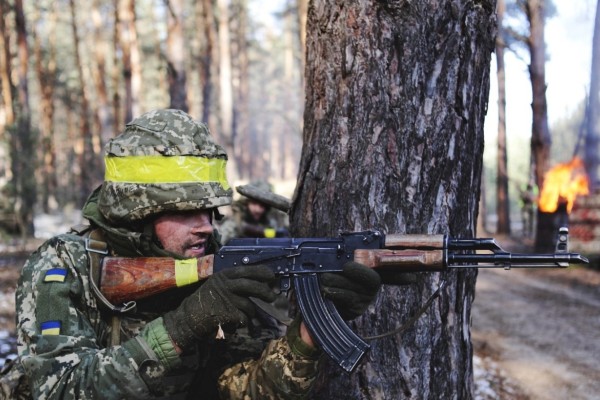
Can Trump’s Ukraine peace plan succeed?
By now renewing aid to Ukraine, it has thrown away its leverage for the smallest of concessions rather than trying to extract something more meaningful. The Americans may now find that they have locked themselves into supporting a proposal that it is thoroughly one-sided and incapable of producing the result they want, namely an end to the war.
-
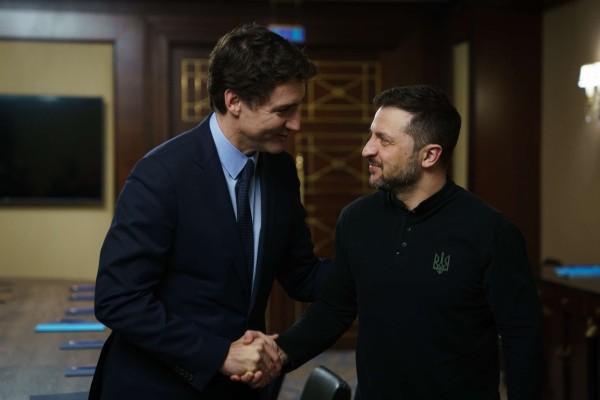
Trudeau’s parting gift to Ukraine is a mistake
The confiscation of Russian funds in not only legally dubious, it is risky for Canada. The freezing of Russian assets at the start of the war demonstrated just how quickly finances could be weaponized. If countries can be coerced by having assets they have invested in other countries frozen, then, perhaps, they shouldn’t invest their assets in those countries.



